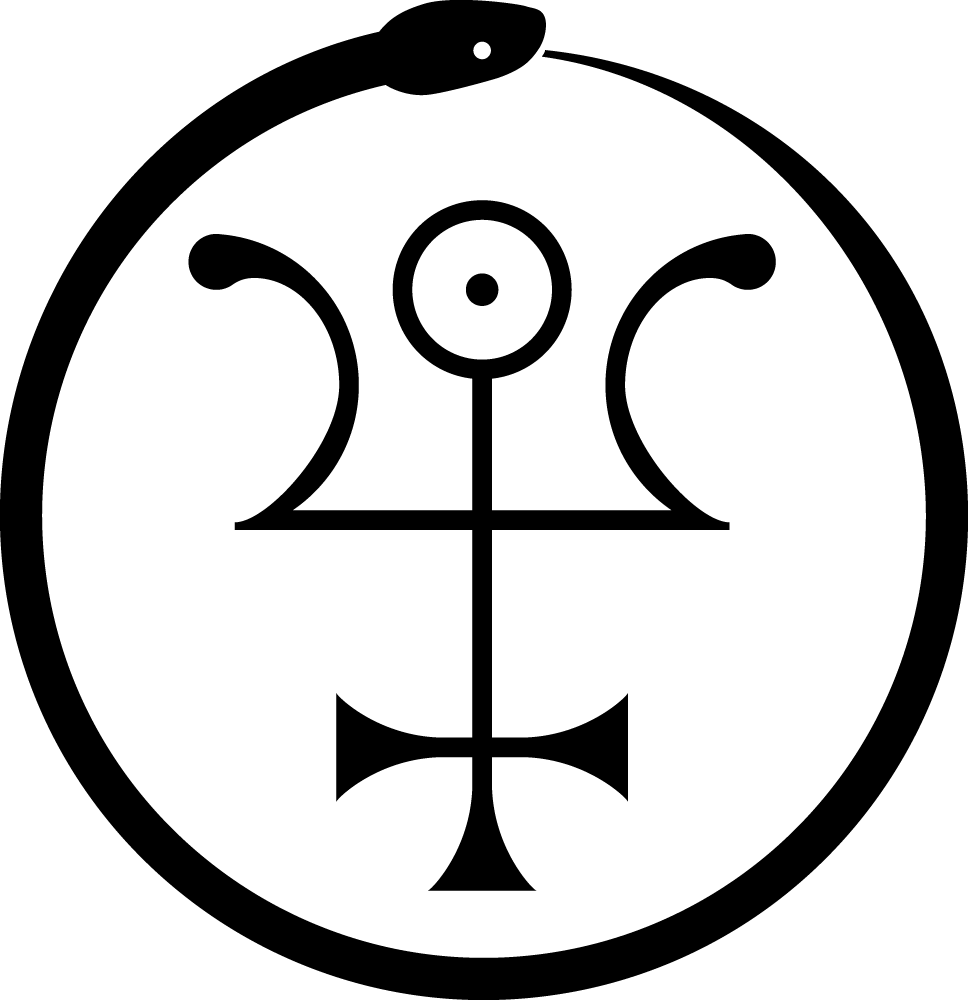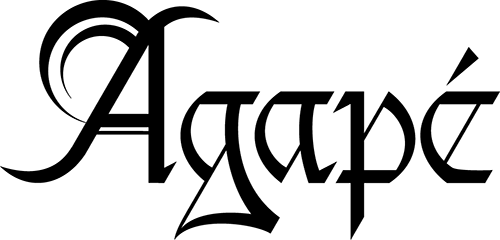On the Oath of Secrecy
by Sabazius
1 February 2000 e.v.
Do what thou wilt shall be the whole of the Law.
Initiation in occult societies, religious orders, and Masonic fraternities often involves the taking of an oath or pledge of secrecy. Usually, this oath is intended to protect the privacy of the members and the sanctity of the secret rites and mysteries of the society.
The development of the internet over the last few years has radically improved communication between individuals and groups worldwide. This revolution in communications has led to considerable discussion of the desirability and practicality of such oaths of secrecy. The “freedom of information” has been touted by some as a human right, semantically equivalent to the freedom of speech, but functionally equivalent to the abolition of privacy.
In such an atmosphere, it is inevitable that secrets will eventually leak out. Sometimes the genuine secrets are dragged naked and screaming from their sanctuaries into the public arena; other times only simulacra consisting of scraps of truth patched together with threads of speculation are held up to the public for sale as the Real Thing. The only way the public will know the difference is if it obtains verification from those who know the difference; i.e., from the initiates.
There has always been considerable controversy over the need, advisability, and practicality of oaths of secrecy. Whether or not the “secrets” being protected have any real need to be protected, the oath of secrecy serves other, less obvious, functions. For example, it is one of the most fundamental aspects of the fraternal “yoga” that binds the members of an esoteric society. It is something they all hold in common, and it is the foundation of the fraternal trust they place in each other. By agreeing to keep something (anything) secret, a group sets that thing apart from the mundane world as a sacred mystery for the initiates. An oath of secrecy also serves as a very basic and practical exercise in self-discipline, especially in a society such as ours which places little value on the distinction between sacred and profane. Proficiency in keeping an oath of secrecy, even if it is a seemingly trivial or widely-known “secret” that is being kept, will further the ability of the practitioner to adhere to the terms of more difficult magical oaths as she progresses in her magical career. Thus, the oath of secrecy is a very important aspect of the fraternal bond between magicians, and of the development of the individual magician’s powers.
Magical oaths are nearly always phrased in absolute terms. They do not contain clauses like “I shall keep this oath as long as everybody else keeps it,” or “…as long as it doesn’t interfere with my ability to make money,” or “…as long as I am an active member, and approve of all of the Society’s policies and activities,” or “…as long as it seems to make sense to me to do this.” Magical oaths cannot be lifted, exempted, conditioned, waived or relieved by any power, event or circumstance; they can only be kept or broken.
The dreadful traditional penalties sworn under by the members of many societies are usually symbolic (in modern times), and have, at the worst, only psychological and magical repercussions to the breaker of oaths. The society wronged by the oath breaker may rightly exclude him from further participation in its mysteries; but the principal casualty of a broken oath is not the society to which the oath was sworn, but the integrity of the initiate who swore the oath. He who breaks an oath has cheapened the value of his solemn word; and has abandoned the privileges of being considered a trustworthy person.
Love is the law, love under will.

